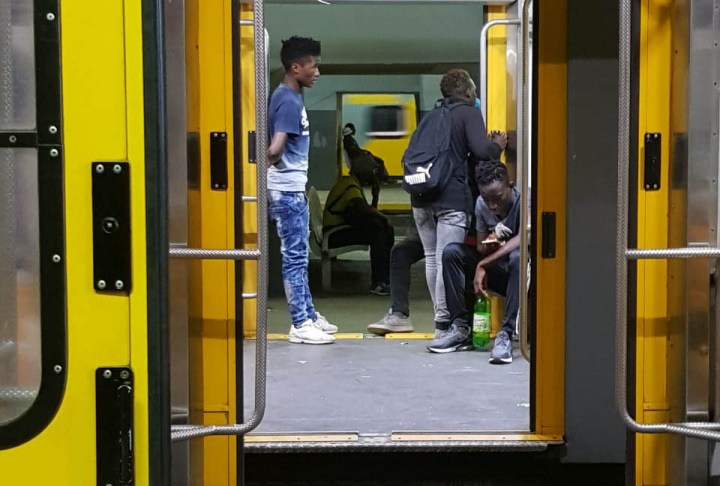COMMUTER NETWORKS
Authority to integrate Gauteng transport to be operational by the end of year

After years of proclaiming the formation of a Gauteng Transport Authority by Premier David Makhura, it is expected to be up and running by the end of 2020.
Gauteng public transport users should expect sweeping changes to their travel experience as the province finalises the establishment of the transport authority meant to integrate public transport systems in the province and its city regions.
“The first priority of this authority is to establish a single ticket so that those who are using buses, taxis, trains (including the Gautrain), and any other transport can move from one part of the province to the other using a single ticket.
“In the end, we want integrated, reliable, affordable and efficient public transport,” said Gauteng Premier David Makhura during his 2020 state of the province address in February.
On Friday 16 October the interim CEO of the newly established Transport Authority of Gauteng (TAG) Jack van der Merwe said the authority will be formally established by the end of this year.
He was speaking during an engagement organised by the Gauteng Legislature’s Committee on Roads and Transport to track the progress of the establishment of the body.
The promulgation of the transport authority is informed by the Gauteng Transport Authority (GTA) Act, Act 2 of 2019 and forms part of the Gauteng Development Strategy which emphasises the need for a provincial transport system, including that of public transport, to facilitate the effective and efficient movement of people, as well as that of goods and services, as a critical component for the growth of any modern economy.
According to Van der Merwe, the authority will, inter alia, serve to integrate the various public transport modes and systems in the province, foster cooperation and coordination between public transport authorities (ie taxi associations) and operators in the province.
TAG will comprise a board of 12 members serving as the accounting authority reporting to the executive authority of the MEC responsible for transport in the province.
“The transport challenges that Gauteng is facing can be ascribed to the lack of cross-municipal boundary integration of public transport services. Improved public transport accessibility, affordability, reliability, and safety is required to give effect to redressing apartheid spatial planning, allowing economic growth, and reducing economic and social opportunity costs for communities to access economic opportunities,” said Van der Merwe.
The finalisation of the formation of the authority comes at a time when rail infrastructure in the province is on the verge of collapse.
A Daily Maverick special report revealed the dire state of train infrastructure in the province as a result of the theft and vandalism of overhead electrical lines, electrical substations as well as vandalism of station and depot buildings – which cost the province in excess of R2-billion in the last three years.
The taxi industry, the most used mode of transport in the province, is also fragmented and faces incessant violence.
In a bid to investigate underlying reasons for the recurring conflict, violence, killings and instability in the minibus taxi industry in the province, Makhura established a Taxi Violence Commission in September 2019.
In one of the commission’s hearings, the National Prosecuting Authority’s (NPA ) Gauteng deputy director, George Baloyi told the commission that prosecutors often declined to prosecute taxi violence cases because of poor investigative work done by the police.
Van der Merwe said the authority should be finalised and handed over by the end of December. Currently, the authority is working to finalise appointments of the board and organisational structure.
“The Gauteng Department of Public Transport and Roads Infrastructure is currently busy with a restructuring project to determine a new organisational structure for the Department,” he said. “A decision will be taken on what Transport function will remain with the Department and what function will be transferred to the TAG. The CEO of the TAG is a member of the Departmental task team that is driving this process with the appointed consultants.”
For now, the authority is running on a R50-million budget appropriated from the Provincial Revenue Fund, but the roads and transport committee “requested that the Department of Roads and Transport ensure TAG is considered for adequate funding in the next financial periods for the Authority to fully execute its mandates”. DM

















 Become an Insider
Become an Insider
Comments - Please login in order to comment.